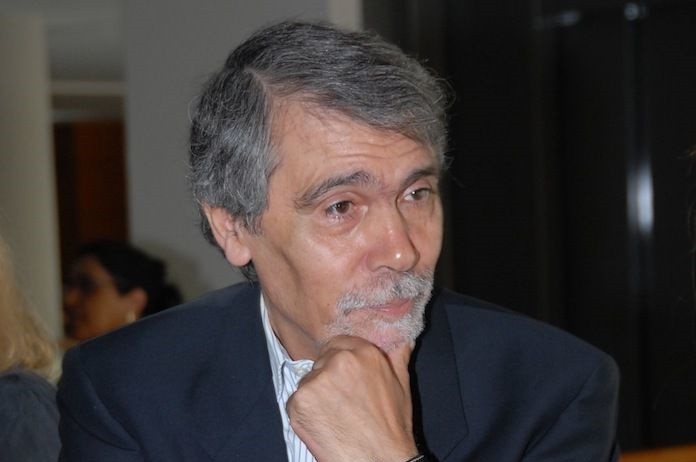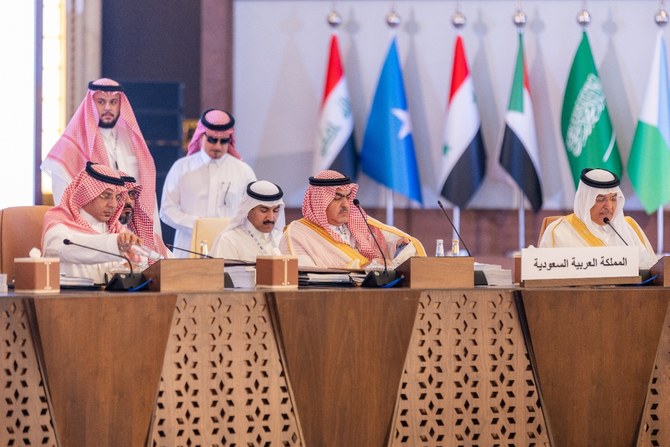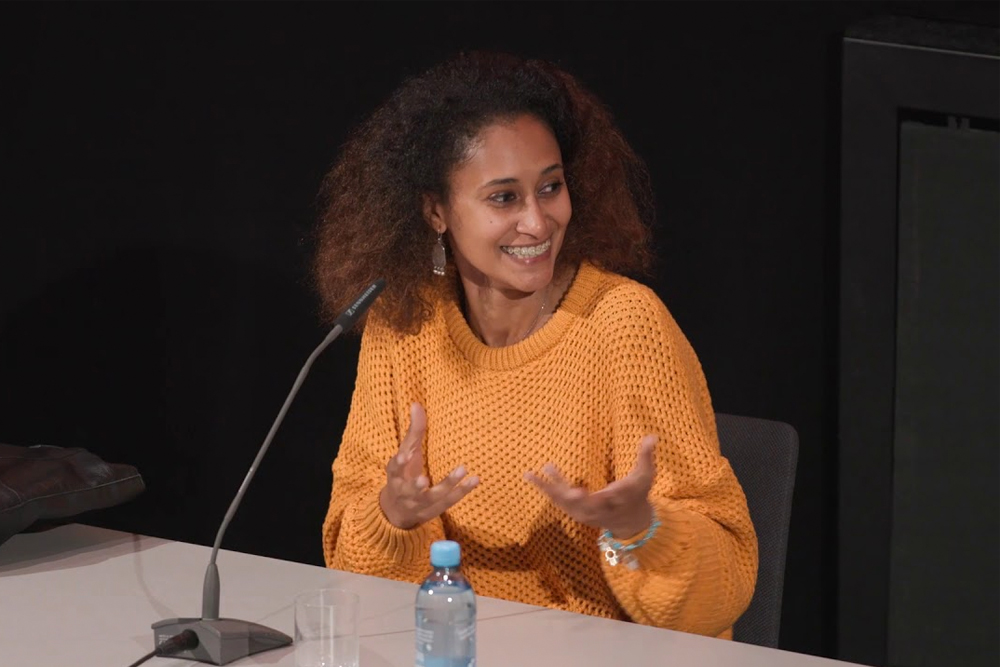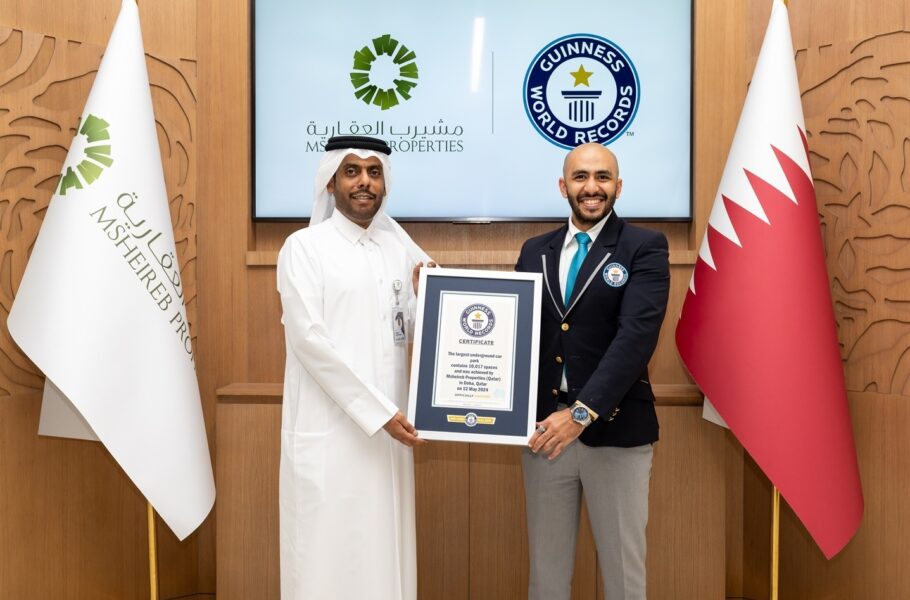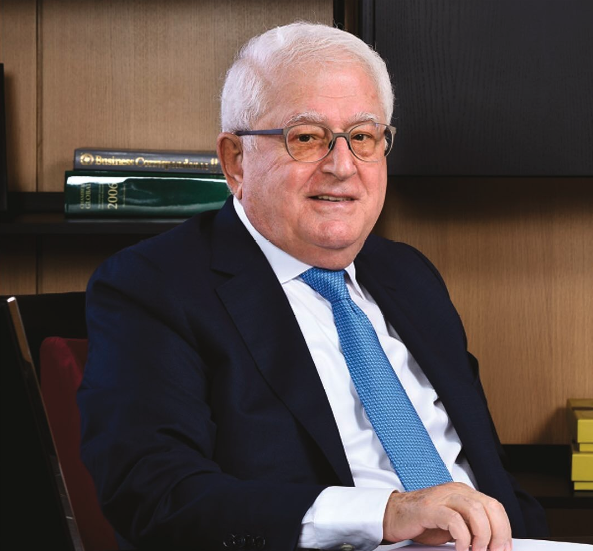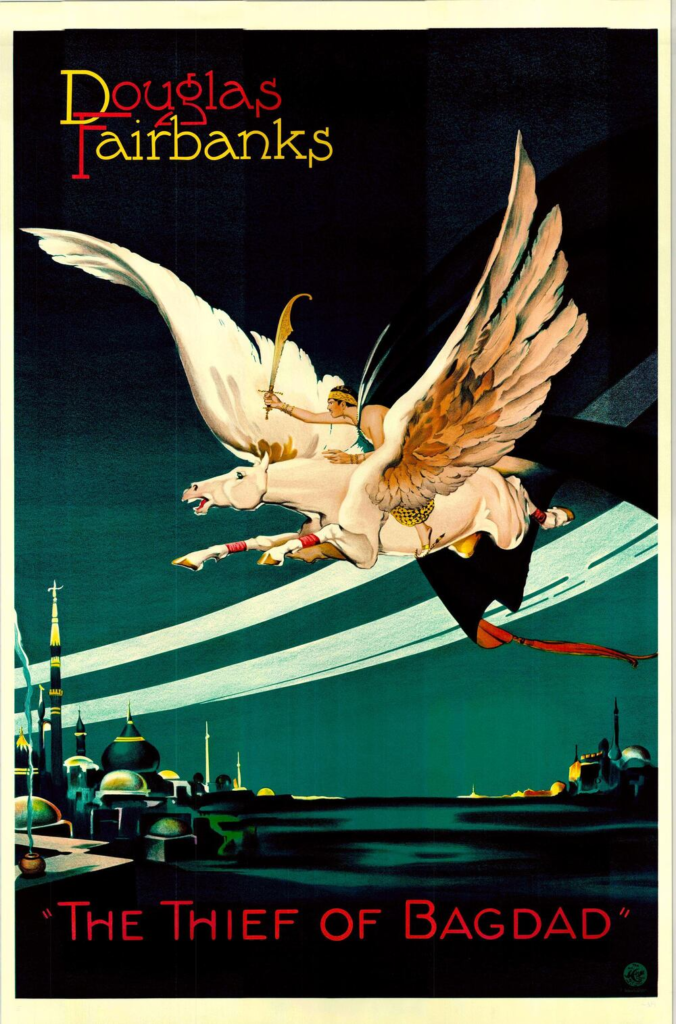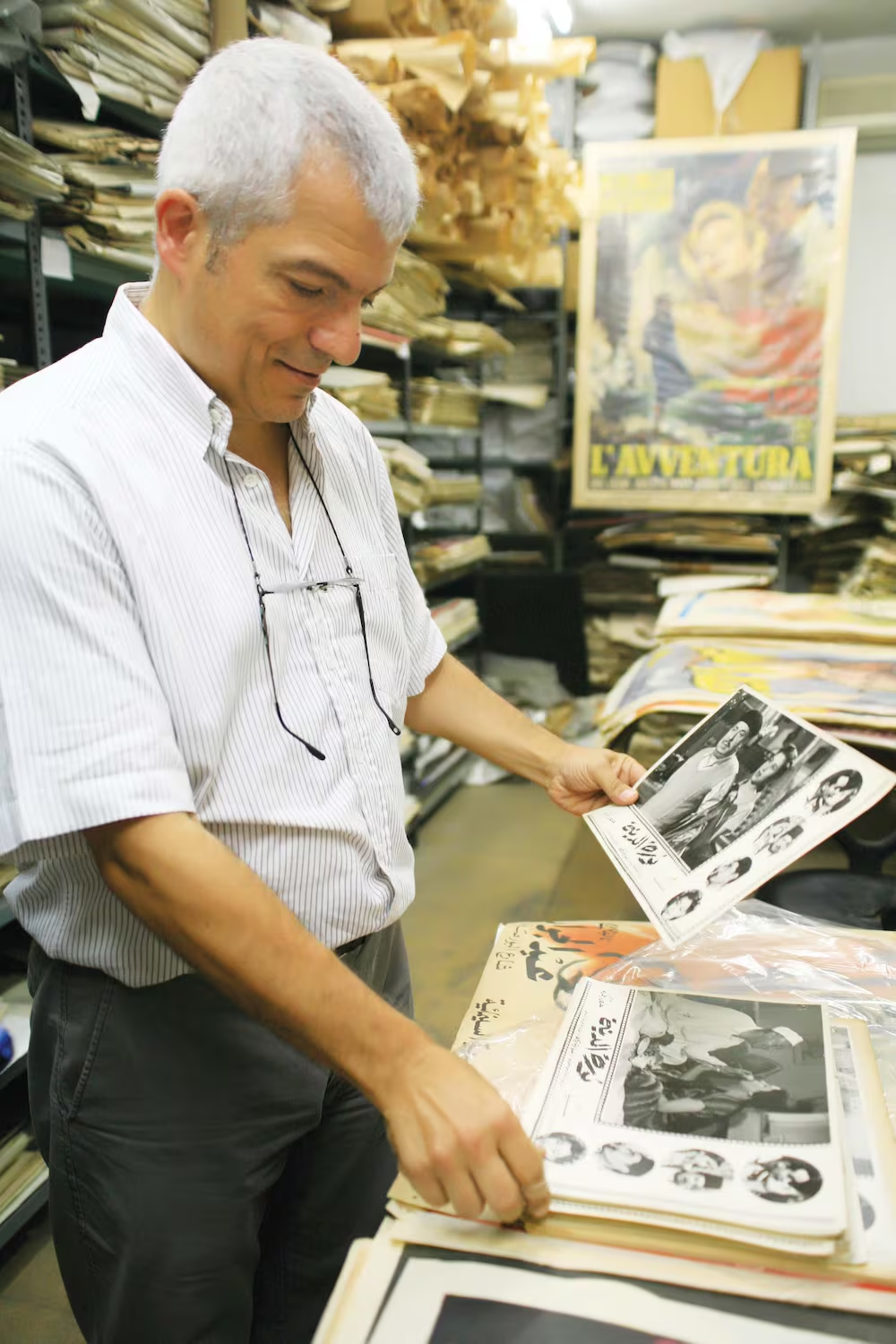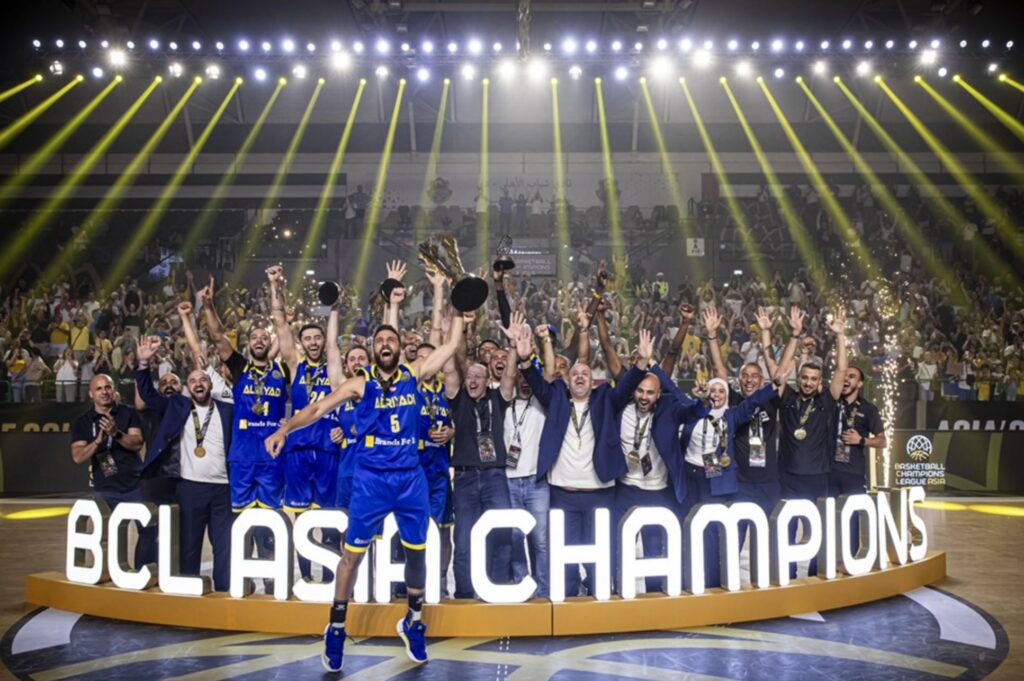Heroine’s mission to save wartime Yemen’s children.
How can one focus and work without a salary? Or when bombs are exploding nearby? Or when you worry that your staff won’t make it home? Or that a cholera epidemic could compromise your hospital?
For the past six and a half years, LSTM alumna, Prof. Najla Al-Sonboli has dedicated her life to helping some of the most vulnerable victims of war-torn Yemen, the children. Every day she sees innocent children come through the doors of her hospital, victims of a war that has ravaged her home country. “I see children suffering and dying right in front of my eyes, I needed to do something to help.”
While at LSTM, Prof. Al-Sonboli initially studied for a Masters in Tropical Paediatrics graduating in 1999. She then later went on to complete the Diploma in Tropical Child Health. Following that she completed her PhD in paediatric health at LSTM with supervision from Professor Luis Cuevas and research in her home country of Yemen.
Now a leading paediatrician and researcher, Prof. Al-Sonboli is the head of the Paediatric Department at Al-Sabeen Hospital for Maternity and Children in Yemen’s largest city of Sana’a.
“I love kids, I can’t bear the thought that anything could hurt them. So, I decided to study paediatrics and help children in Yemen. Because of war, they are dying from diseases, hunger and cross fire. They are suffering too much; many have lost their parents, and many are displaced and separated from their families and their homeland.”
In the face of war and grave personal risk, Prof. Al-Sonboli and her team work tirelessly providing essential and much needed medical care to thousands of children, whilst organising staff to provide voluntary services with minimal resources and coping with new challenges her paediatric department faces. “Every day brings new challenges. We are facing the spread of many epidemics and diseases such as measles, cholera and severe malnutrition.”
“We are admitting cases even on the floor, on chairs, inside their cars with IV stands to prevent them from getting shocked. It is a real disaster”.
“At times we have had to work under fire. Parts of our hospital have been destroyed, and once, one of the rockets hit inside the hospital. This meant our medical staff couldn’t come to work.”
After years of brutal conflict, many of the doctors and nurses are tired. For years, staff have received no salary, many being left without enough money to feed their families. “Some of my colleagues are struggling to buy food for their own children. When this happens, we all come together and make sure we can support them by collecting small amounts of money to help them”.
For some time now staff at LSTM and the broader Liverpool community have been raising vital funds to support colleagues to provide essential medical care to save children’s lives in an incredibly difficult situation. This has since seen the formation of the ‘Liverpool Friendship Group’ which has supported six voluntary nurses, two doctors and extended the Paediatric Intensive Care unit (PICU) and Emergency services for children, bought equipment and developed a new cardiopulmonary resuscitation point.
“The toughest challenges that I faced are to work without salary, if it wasn’t for the generosity of LSTM alumni, staff and the Liverpool community, we don’t know what we would do”
Outside from her day-to-day work, Prof. Al-Sonboli remains a close research partner of LSTM and together with Dr Nasher-Al-Aghbari (another LSTM alumnus); Profs Cuevas and Theobald have held awards from TB REACH on strategies to enhance case findings amongst vulnerable groups.
When asked for the best advice she has ever received, she said “To be a good leader, you have to lead by example – you have to become a symbol”. Prof. Al-Sonboli is a living example of true leadership. Her work and determination have inspired her hospital staff to persevere when things become ugly and simultaneously inspired the international community to recognise her achievements.
“For me, I had the chance to fly out of Yemen as many did but I preferred to stay and help my people. I thought “if I run away and I am the head of the department, then who will stay? No one will come to work.” So, I decided to go to my hospital under fire and to try to encourage my colleagues to come, too.”
In 2018, Prof. Al-Sonboli was recognised as a Heroine for Health at the World Health Assembly meeting in Geneva, for her tireless work in her home country of Yemen.
Nominated for the award by LSTM’s Professor Sally Theobald, Prof Al-Sonboli was recognised by Women in Global Health in association with GE, who celebrated the contribution of nine Heroines for Health, presenting each with an award for leadership in their communities. Unable to leave Yemen, Professor Theobald accepted the award on her behalf.
“Sadly, war and fragility are not going away. We need to recognise, honour and learn from Najla and all the heroes and heroines that work alongside her, in continuing their efforts to bring hope and save lives. This award reflects the respect and support from the global health community for all that they do.”
When interviewed for her Heroine of Health Award, Prof. Al-Sonboli credits her strong relationship with LSTM for keeping the hospital running, including providing much needed funds to rebuild destroyed wards and to treat increasing numbers of patients.
source/content: lstmed.ac.uk (LSTM) (headline edited)
_________
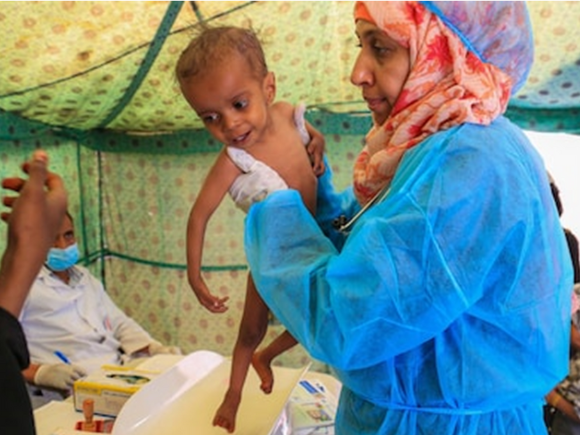
Prof. Najla Al-Sonboli Credit: UNICEF
___________
YEMEN

